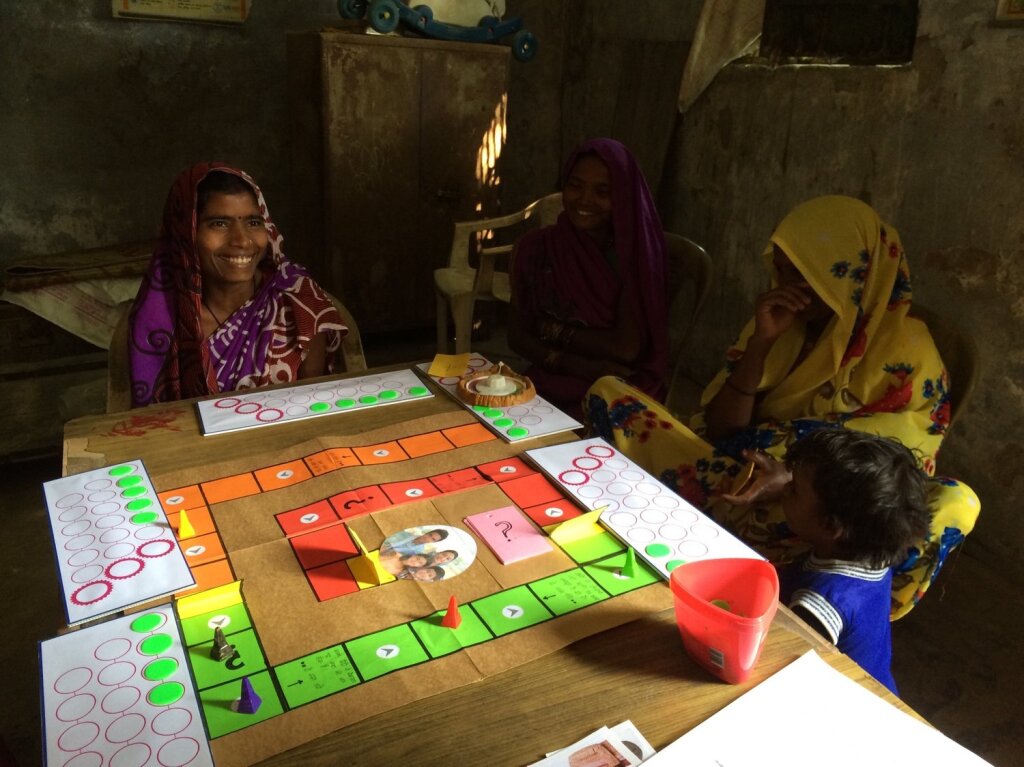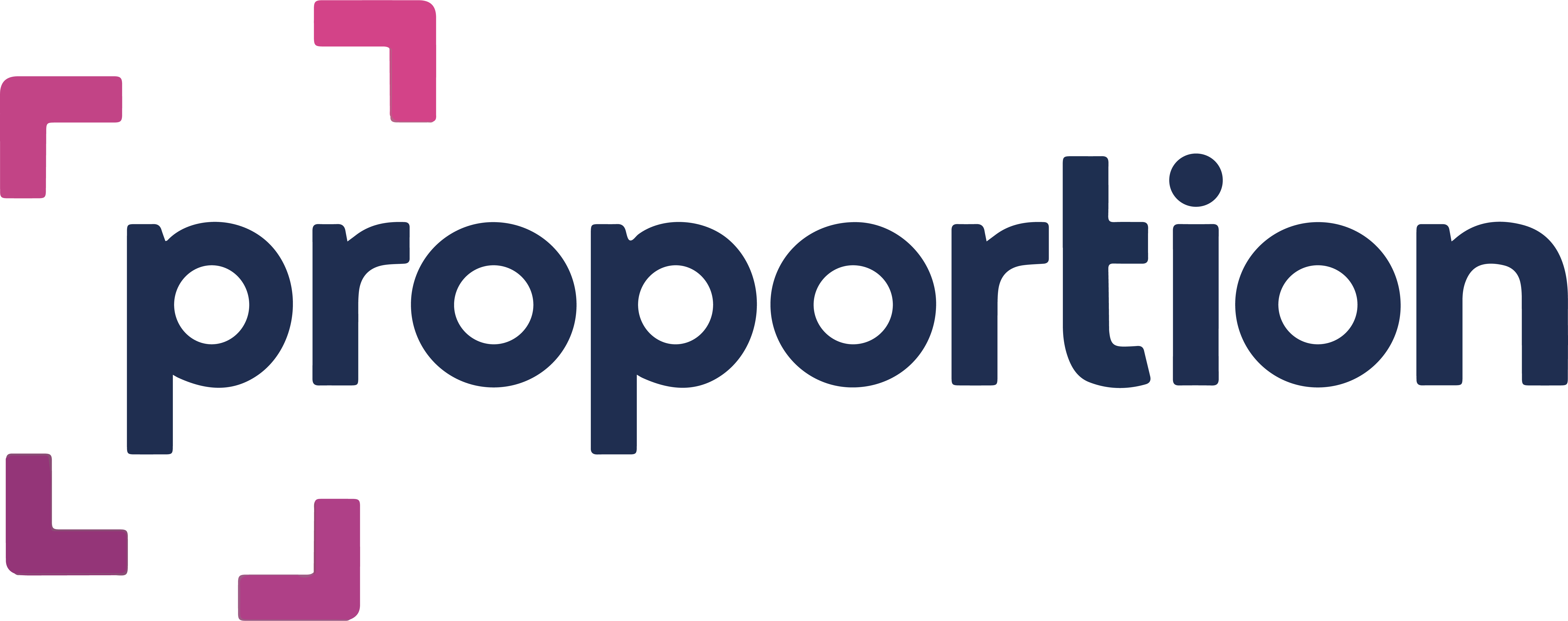
Improving Healthcare Habits to Reduce Maternal & Infant Mortality Rates in Rural Northern India
Situation
This project was funded by the SURGO Foundation for the RMNCH+A department of the Indian Government’s National Health Mission. The end-users of the project spanned 4 key stakeholder groups: households (women + family), facilities (government hospitals), front-line workers (government social activists also known as ASHA), and program managers (bureaucrats of the state and national healthcare systems). This was a multi-stakeholder behavioural design project focusing on uncovering the drivers of healthcare habits among each of those stakeholder groups that lead to high maternal and infant mortality rates in rural Uttar Pradesh, led by Final Mile Consulting. The project spanned 6 key elements of the reproductive health journey:
- family planning and contraception,
- iron folic acid supplements,
- safe delivery,
- baby survival,
- exclusive breastfeeding, and
- healthy baby.
Assignment
How might we understand the behaviour, habits, and mental models in women, household members, hospital staff, social workers and government healthcare staff leading to maternal and infant mortality?
Approach
Overall Approach & Project Phases: – Knowledge Building & Planning – Primary Research – Research Analysis & Mapping – Behaviour Research Lab Knowledge Building & Planning – Breakdown brief, define goals
Plan primary research: location, spectrum of users, discussion guide formulation by identifying big knowledge gaps – Create low-fidelity journey & system maps to get team members up to speed Primary Research.
Travel: adapt according to the field – Interview 40+ stakeholders – Observation of labour rooms, hospitals, antenatal care visits by social activists – Note taking & early analysis during research Research Analysis & Mapping
Listen & mark: go through interview transcripts & mark important notes – Create a space for your team to easily remember the feel of the field – Find hotspots, discover insights, create hypotheses (tools used: heat mapping) – Design visual landscapes for easy communication of findings Behaviour Research Lab – Define hypotheses to be tested – Define sample size – Test & iterate engaging ways of research (over 7 rounds)
Design final research game – Train moderators to run the research lab Final Strategy – Listen and mark by hypothesis – Validate and negate hypotheses – Use emotions framework to understand the deeper reasoning behind habits and decisions – Create final storytelling decks with key drivers & decision levers for intervention
Results
Key Outputs: – User Journey Maps – Visual healthcare system landscape – 4 strategy documents outlining key insights, mental models, key drivers of habits & behaviours, and decision levers (intervention points) for each stakeholder across each of the 6 mini journeys
Key Outcomes: – Better understanding of what drives behaviours of the four stakeholder groups – Opportunity area identification: which areas hold the most potential for impact, for ex: iron folic acid supplements being supplied as herbal tablets rather than medicine because of resistance to western medication.
This project was commissioned by SURGO Foundation for the RMNCH+A department of the Indian Government’s National Health Mission., and implemented by Final Mile Consulting and Mansi, who is part of Proportion Global. If you’ve enjoyed reading this case and want to dive deeper, we’d love to hear from you and we will connect you with the relevant designers like Mansi, who worked on this project Contact Us


Responses